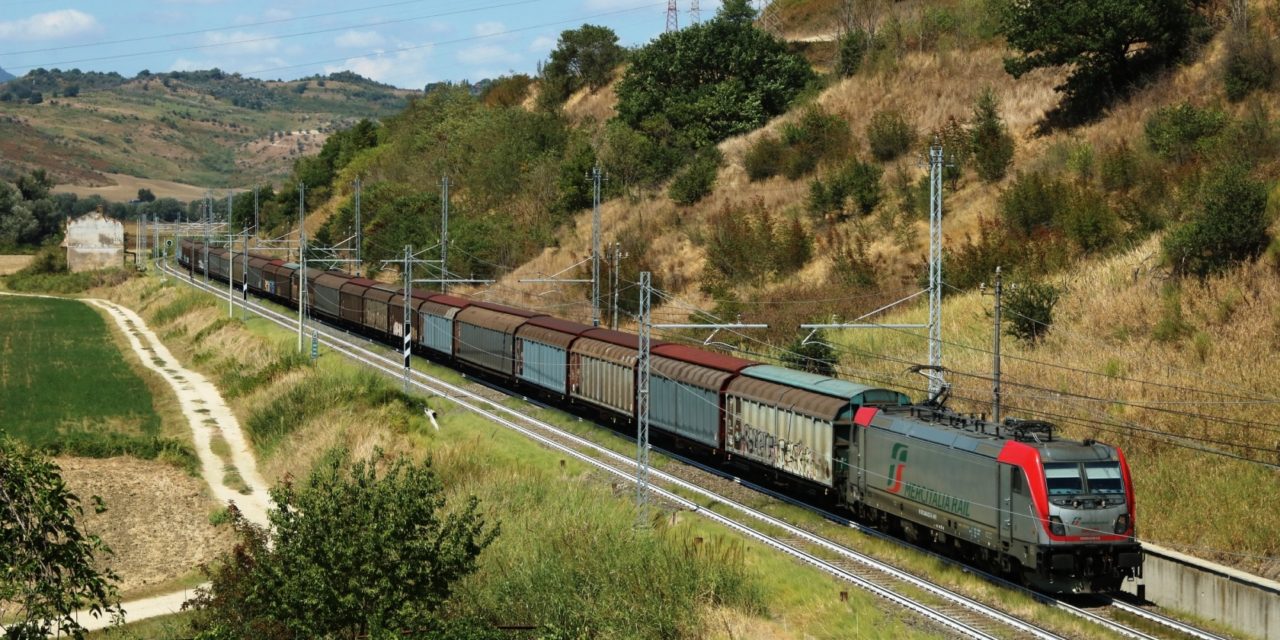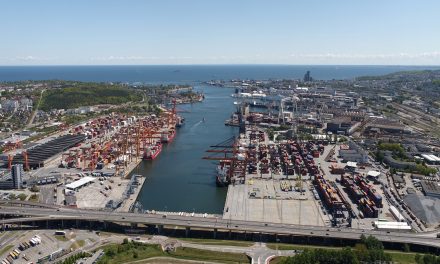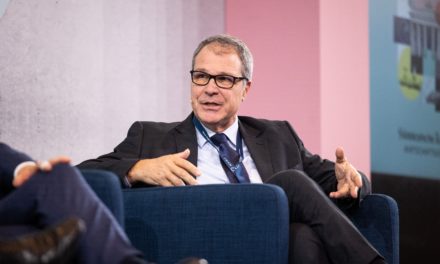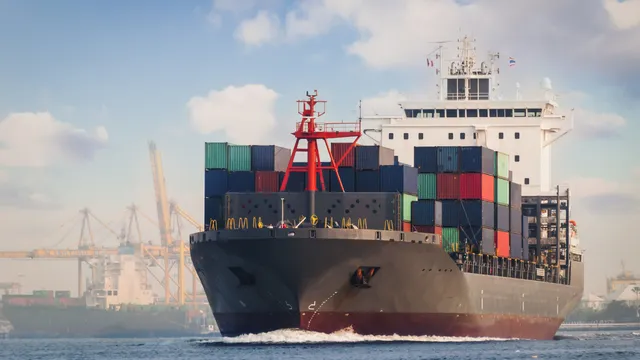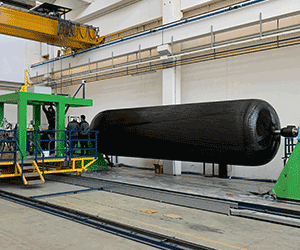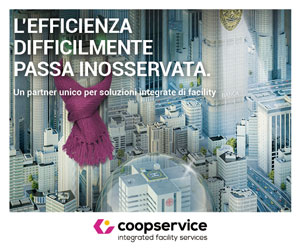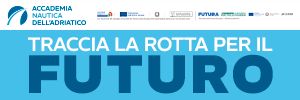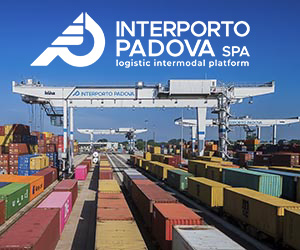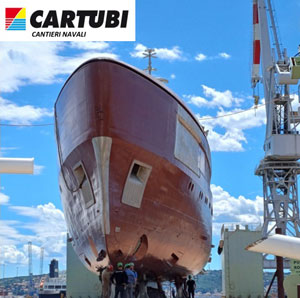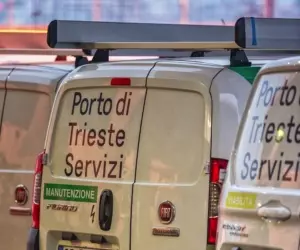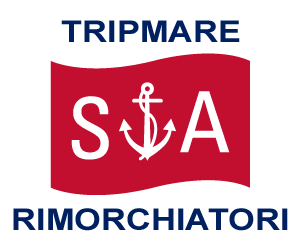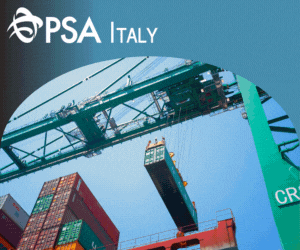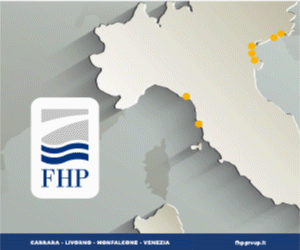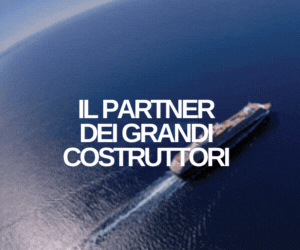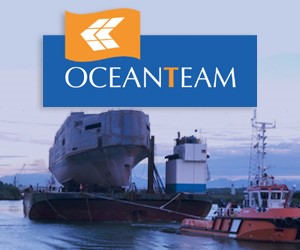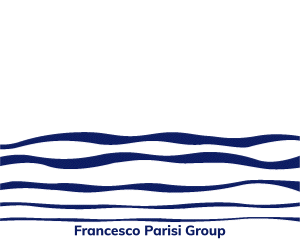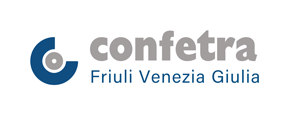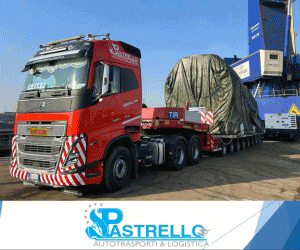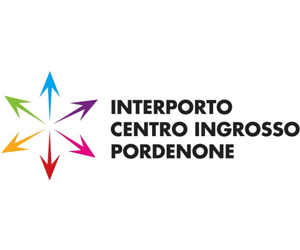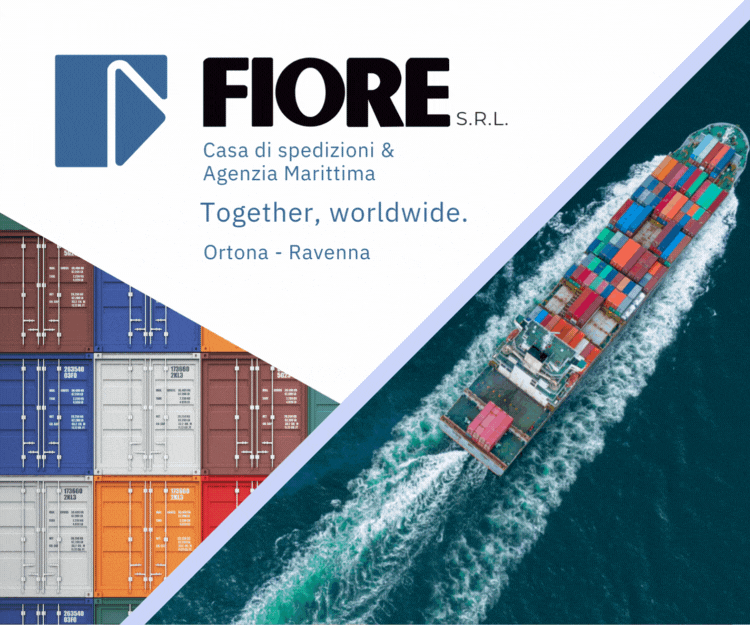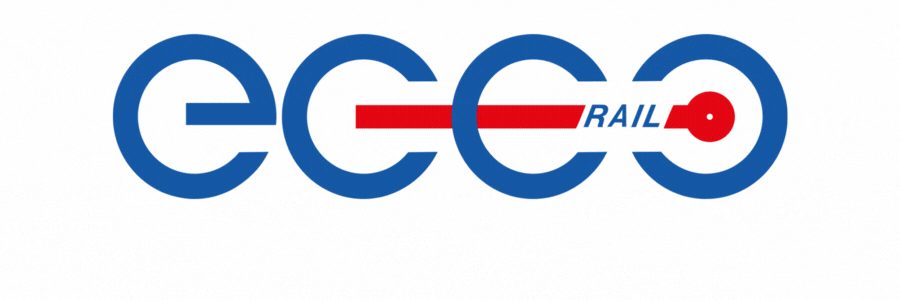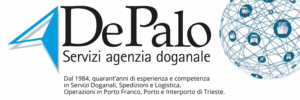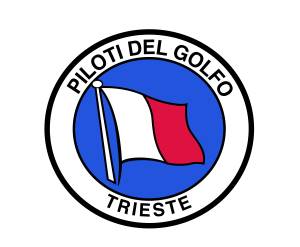TRIESTE – The Ferrovie dello Stato Italiane Group closed 2024 with operating revenues rising to €16.5 billion (+12%), but with a net loss of €208 million, compared to a profit of €100 million in 2023. According to the official statement, this result is attributed to extraordinary items, but it also reflects the impact of an unprecedented investment season. The core of FS’s strategy remains infrastructure enhancement: €17.6 billion in technical investments (+7% year-on-year), with 96% of resources spent in Italy. Of this amount, over €11 billion was allocated to the rail network, with RFI issuing tenders worth €13.4 billion and awarding contracts for €10 billion. Revenues in the sector also increased (+2%), but EBITDA dropped sharply to €86 million (-81%), highlighting the heavy cost of expansion in terms of margins. The road network – managed by Anas – posted revenues of €4.2 billion (+8%) and investments of €3.6 billion (+13%), although EBITDA also declined (-12%). On the upside, the freight sector performed strongly: revenues grew by 18% to €1.36 billion, driven by the acquisition of the Exploris Group and a service increase (+11.7% trains/km). Investments in the segment soared to €297 million (+64%). However, revenue growth did not prevent the erosion of the bottom line, partly due to higher financial charges related to debt. Net financial position exceeded €13 billion, an increase of €2.3 billion from 2023, financed mainly through sustainable finance instruments. The company hired nearly 10,000 people in one year, bringing the workforce to 96,335 employees. Still, the figures suggest that in the short term, the investment gamble is putting significant pressure on the accounts, leaving open the question of long-term financial sustainability. In 2024, rail passenger traffic rose to 49 billion passenger/km (+6.7%), with Trenitalia accounting for 77% of the total. Revenues in the sector reached €8.6 billion (+12%), boosted by the recovery of mobility, commuting, and business travel. Investments in the sector, mainly focused on fleet renewal, exceeded €2 billion (+13.4%).
Fs invests like never before, but ends the year in the red
In 2024 revenues grow and a major infrastructure plan takes shape, but the group posts a €208 million loss
